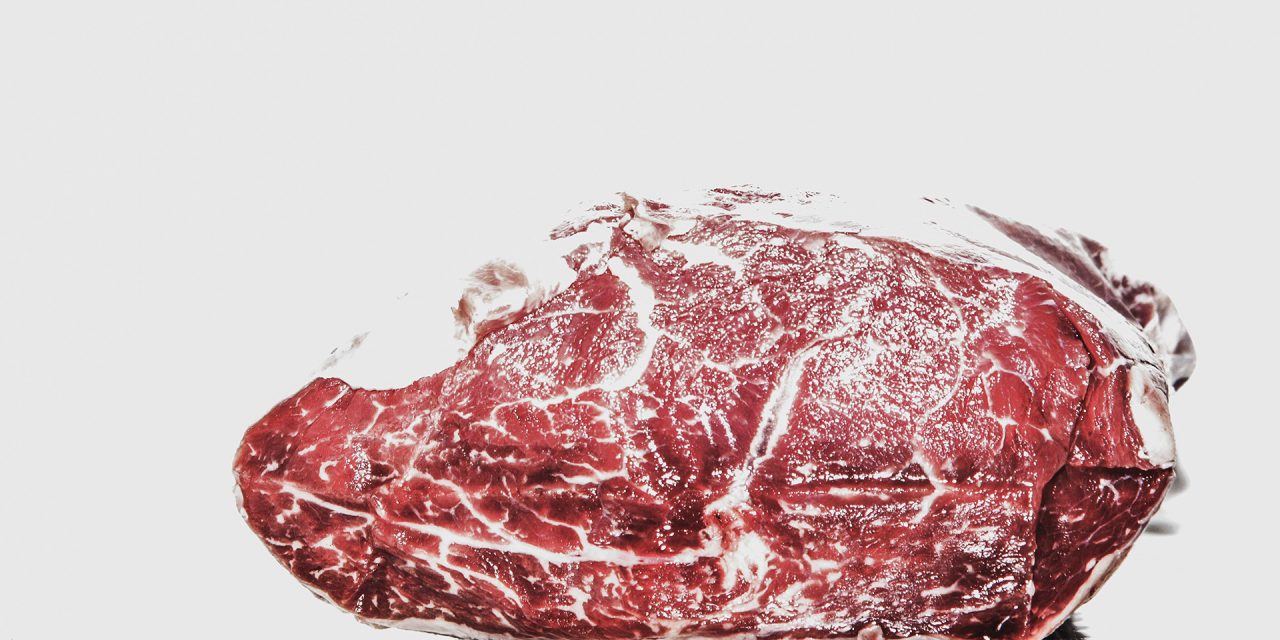When writing a weekly column, it’s tempting to toss red meat to the readers rather than dig into more complicated issues. For once, the latest scientific news is providing an opportunity to do both at the same time.
The scientific journal Annals of Internal Medicine recently published a major series of studies about red meat consumption. The authors found that current scientific evidence is too weak to justify telling people to eat less red meat.
The response was immediate and furious from groups devoted to eliminating animal agriculture. For years they have leaned on anti-meat recommendations to cloak their true agenda in the language of human health. The groups’ real goals are pushing radical animal rights and remaking the world economy under the guise of climate change prevention.
The studies’ data found only minuscule support for lowering red meat consumption. Eating three fewer servings per week might reduce a person’s chance of a heart attack by 0.1 percent to 0.6 percent and chances of cancer by 0.7 percent. The studies found no effect whatsoever on breast, colorectal, esophageal, gastric, pancreatic or prostate cancer, overall deaths or deaths resulting from heart disease. Even these minor statistical blips might be attributable to other traits like income level, education level or exercise frequency.
The authors found the evidence was too weak to recommend that individuals radically change their diets. They noted that people’s tastes and preferences should matter in health recommendations. Americans enjoy meat and meat dishes. They are an integral part of our culture and have been for generations. This is and should be relevant to dietary recommendations.
If the movement to eliminate meat was really about these tiny health concerns, the massive effort required to change American culture would simply not be worth it. But the movement to end meat consumption was never just about health concerns. Much of the rage has instead focused on radical animal rights beliefs or the alleged environmental harm caused by cattle production.
The “Physicians Committee for Responsible Medicine” (PCRM) is actually an Orwellian-named radical vegan advocacy group. PCRM spends over $15 million a year on efforts to end animal agriculture. It has invested nearly 35 years and countless millions of dollars in pushing this agenda. PCRM was so afraid of letting Americans see the results of these scientific studies, it filed a petition with the Federal Trade Commission seeking a gag order to keep the journal from even publishing them.
Americans should be trusted to make their own choices about how they want to live, what news to read, and what food to eat. If living an enjoyable life actually adds a tenths-of-a-percent risk of disease, we should be allowed to make that choice. And when the proof of even these tiny risks is this weak, public health authorities have no business sticking their noses in our food.


